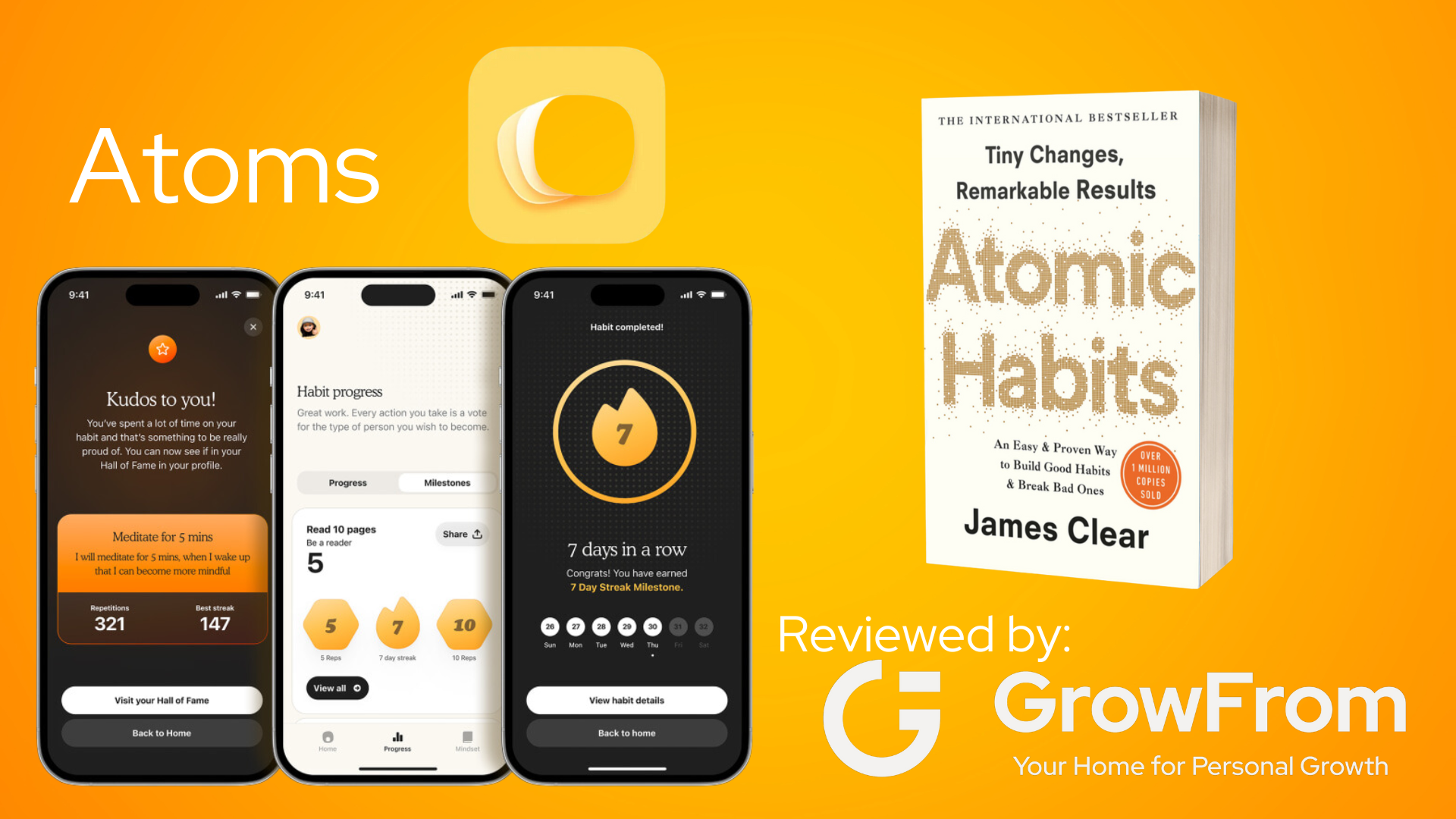Our diet not only affects our physical health but also plays a crucial role in our mental health. Our brain requires a steady supply of nutrients to function correctly, and consuming a healthy diet can help keep it in optimal condition. Conversely, a diet high in processed foods and sugar can lead to inflammation and oxidative stress in the brain, which can impact our mental health negatively. This article explores the relationship between diet and mental health, including how certain foods and nutrients can affect our mood, anxiety, and depression.
The gut-brain connection:
The gut and the brain are intimately connected through the gut-brain axis. The gut-brain axis refers to the bidirectional communication between the central nervous system and the gastrointestinal tract. The gut is home to trillions of bacteria, collectively known as the gut microbiota. These bacteria play a crucial role in the communication between the gut and the brain. The gut microbiota produce neurotransmitters such as serotonin, dopamine, and gamma-aminobutyric acid (GABA), which are important for regulating mood, anxiety, and stress. Additionally, the gut microbiota can produce short-chain fatty acids (SCFAs), which have been shown to have anxiolytic and antidepressant effects.
The impact of diet on the gut microbiota:
Diet plays a significant role in shaping the composition and function of the gut microbiota. A diet high in fiber, whole grains, fruits, and vegetables can promote the growth of beneficial gut bacteria and increase the production of SCFAs. Conversely, a diet high in saturated fat, sugar, and processed foods can lead to a decrease in beneficial gut bacteria and an increase in harmful bacteria. Additionally, a diet high in sugar can lead to a condition known as dysbiosis, where there is an imbalance between beneficial and harmful gut bacteria. Dysbiosis has been linked to depression and anxiety.
Specific nutrients and their impact on mental health:
- Omega-3 fatty acids: Omega-3 fatty acids, particularly eicosapentaenoic acid (EPA) and docosahexaenoic acid (DHA), are crucial for brain health. They are involved in the production of neurotransmitters and can reduce inflammation in the brain. Studies have shown that omega-3 fatty acids can improve mood and reduce symptoms of depression.
- B vitamins: B vitamins, including folate, B6, and B12, are essential for brain function. They are involved in the production of neurotransmitters and the maintenance of brain health. Low levels of B vitamins have been linked to depression and anxiety.
- Magnesium: Magnesium is an essential mineral that is involved in over 300 biochemical reactions in the body, including the production of neurotransmitters. Studies have shown that magnesium can reduce symptoms of anxiety and depression.
- Vitamin D: Vitamin D is a fat-soluble vitamin that is important for bone health and immune function. It is also involved in the production of neurotransmitters. Low levels of vitamin D have been linked to depression.
- Zinc: Zinc is an essential mineral that is involved in many physiological processes, including brain function. Low levels of zinc have been linked to depression and anxiety.
The impact of sugar and processed foods on mental health:
A diet high in sugar and processed foods has been linked to an increased risk of depression and anxiety. These foods can lead to inflammation and oxidative stress in the brain, which can impact our mental health negatively. Additionally, consuming high amounts of sugar can lead to dysbiosis, which can also contribute to mental health issues.
Conclusion:
Our diet plays a crucial role in our mental health. Consuming a healthy diet that is rich in fiber, whole grains, fruits, and vegetables can promote the growth of beneficial gut bacteria and increase the production of neurotransmitters and SCFAs







